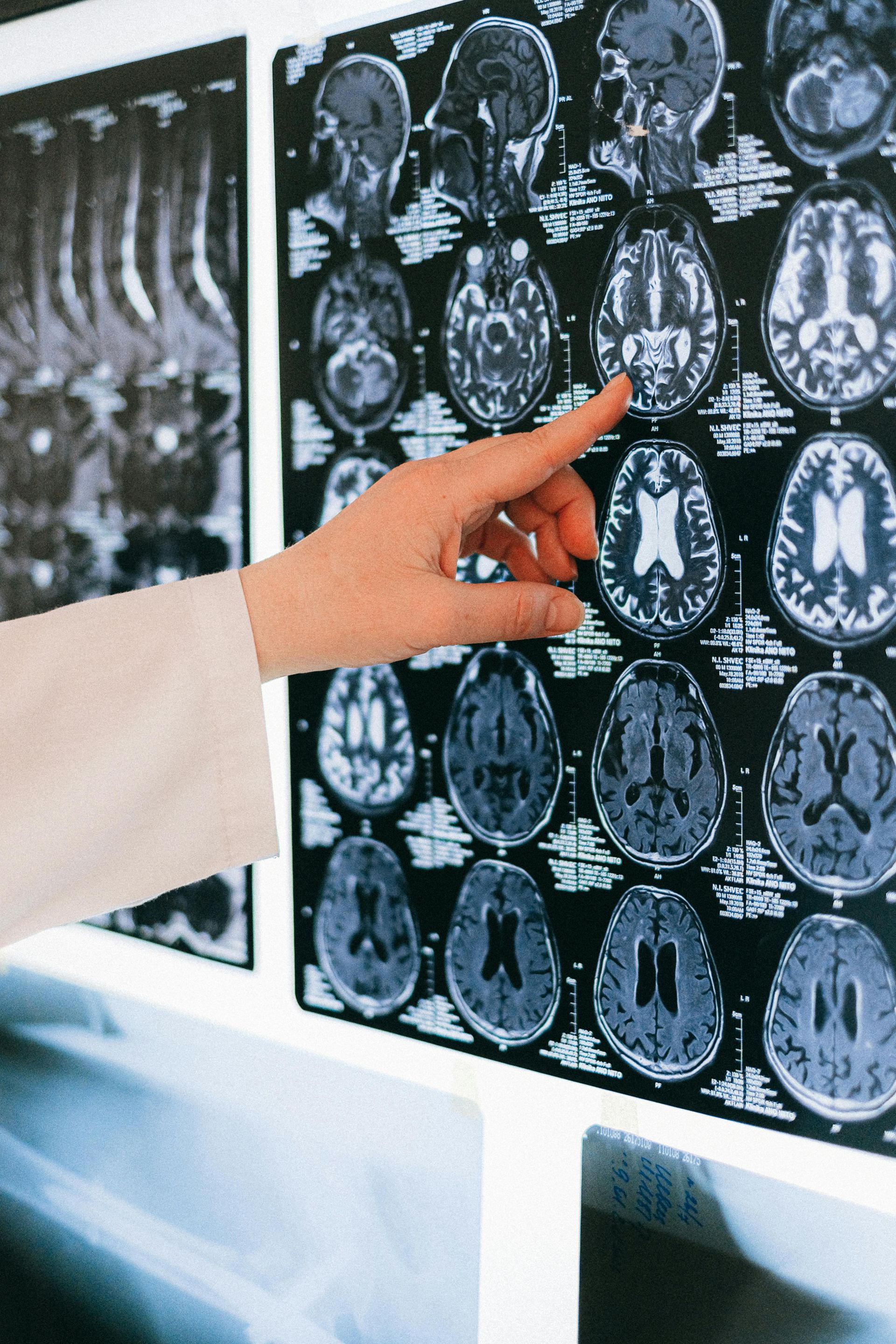What You Need to Know About the Mediterranean Diet

The Mediterranean Diet has scored so many awards and just scored a new one!! Before we talk about its accolades, let’s discuss what it is.
The Mediterranean Diet is based on eating lots of fruits, vegetables, nuts and seeds, legumes (which include: Chickpeas. Beans. Peas. Lentils, Lupins.), Olive Oil, Fish, Whole Grains, a little Red Meat, and a tad of Sugar. This diet does not include any of the processed foods like chips, crackers, and pretzels.
Already the Mediterranean Diet has been lauded for reducing the risk of
· Diabetes
· High Cholesterol
· Dementia
· Memory Loss,
· Depression, and
· Breast Cancer
Now a new study which is part of a larger randomized controlled study of 1,200 people named the European Project on Nutrition in Elderly People or NU-AGE started in 2012. The age of the participants in the study were between the age of 65 to 79.
This new study was published in the British Medical Journal and found that those people on the Mediterranean Diet for 1 year had changed the makeup of their microbiome which led to improved brain function and longevity.
The takeaway is that this diet can inhibit the production of inflammatory chemicals that result in cognitive decline and improve the quality of our gut bacteria. This diet can also prevent atherosclerosis and induce healthier aging. Anytime we reduce inflammation in our bodies, we are improving our health.
Furthermore, our microbiome play an important role in our health and how we feel. According to scientists, about 60 tons of food enters the human digestive tract over our lifetime! Our microbiome is made up of billions of different bacteria, both good bacteria and bad bacteria.
We want more good bacteria than bad bacteria and this diet can help change the makeup of our microbiome. Our gut bacteria determine how well we absorb nutrients, the functionality of our immune system and our energy levels.
This study has further shown that as we age, the quality of our microbiome is reduced. If elderly people eat a poor diet, it shows up in their mouth and inflammation in their bodies. This is especially concerning for elderly who live alone or in residential facilities.
To change your diet and see the result, get your c-reactive protein measured before and after you begin this diet. That will tell you the level of inflammation in your body and how it has improved.
You can have so much fun with this diet socializing with others. Invite people over for brunch, or dinner and wow them with an amazing meal of roasted vegetables, fruit, fish, or eggs, or beans and quinoa. Get cooking…..





